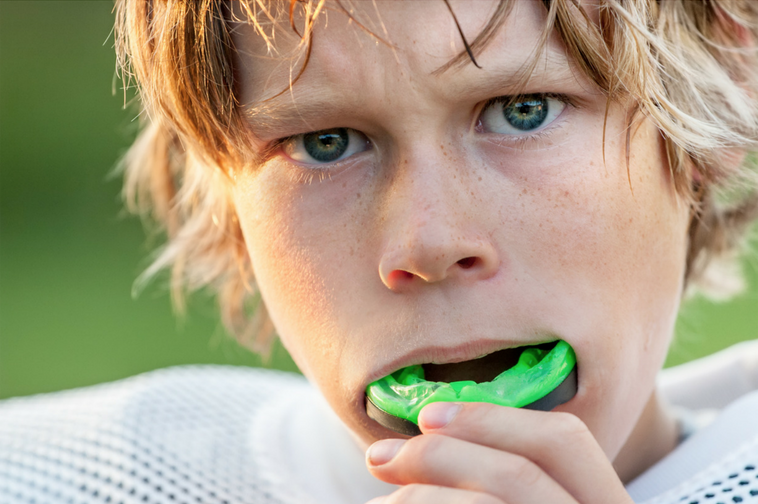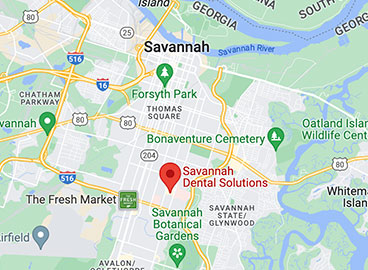Sports can be a wonderful way for kids (and adults!) to stay active and healthy, learn new skills, and develop friendships to last a lifetime. Yet like anything else in life, sports do carry certain risks. While it is impossible to prevent all injuries, protective gear can go a long way, and a mouthguard is a key part of keeping athletes safe. Yet not all mouthguards are the same. Here’s what you should know.
Sports That Require Mouthguards
As you may already know, mouthguards are required equipment for sports that are considered “contact sports,” such as:
Football
Rugby
Boxing
Hockey
Lacrosse
While mouthguards are not typically required to participate in “non-contact sports,” the American Dental Association expands its recommendations on who should wear mouthguards to those participating in a wide range of sports where impacts or collisions might occur. These include, but are not limited to:
Basketball
Soccer
Racquetball
Skateboarding
Gymnastics
Types of Mouthguards
Mouthguards come in three different types. Whichever you choose, make sure that it fits comfortably but securely, and does not interfere with breathing or speaking.
Stock Mouthguards: A stock mouthguard is purchased off-the-shelf, and is ready to wear. They are typically the least costly, but are not formed to the wearer’s mouth. This could result in a poor fit and uncomfortable sensation.
Boil and Bite Mouthguards: A boil and bite mouthguard can be purchased from almost any drugstore. As the name implies, you will need to soften the mouthguard in boiling water, let it cool just to a tolerable temperature, and then have the athlete bite down on it. This allows the mouthguard to form to the mouth, creating a reasonably comfortable, secure fit.
Custom Mouthguards: A custom mouthguard is specifically designed by a dentist to precisely fit the athlete’s mouth anatomy. These are the most comfortable and best fitted mouthguards available. However, they can be costly. If a boil and bite mouthguard is comfortable, it may not be necessary to spend the additional money.
Caring for a Mouthguard
Mouthguards are easy to care for, and proper care is absolutely essential. Rinse the mouthguard before and after using it, and wash it frequently with soapy water. Carefully inspect it after each washing for any signs of damage. Children need new mouthguards regularly, as their mouth anatomy changes as they grow, so their mouthguards must be frequently checked for fit. Your dentist can check the fit if you are unsure whether it is correct.
Dental trauma is a surprisingly common but frequently avoidable sports injury. A properly fitted, well cared for mouthguard can make a tremendous difference in lowering this risk. Kids should learn to take care of their mouthguards along with the rest of their sports equipment, and to let parents or coaches know right away if they have any mouthguard issues.
Married dentists Chad and Alexandra Schnabel welcome you to Savannah Dental Solutions. From caring children’s dentistry to high-tech cosmetic procedures and even full-mouth reconstruction, we blend the latest technology with traditional customer-oriented values. To start your journey to better oral health, call us today at (912) 354-1366.



